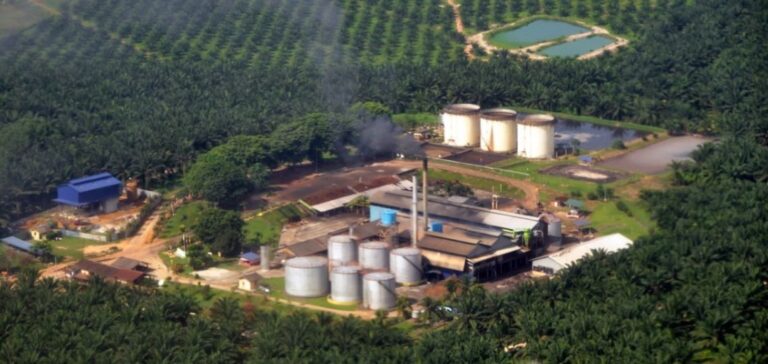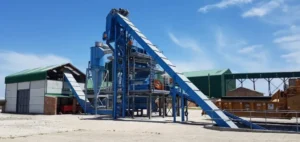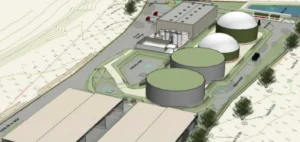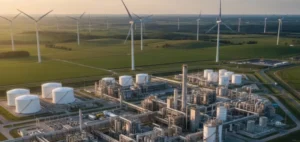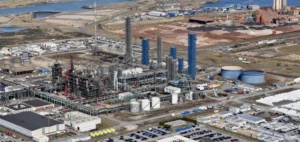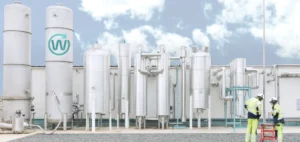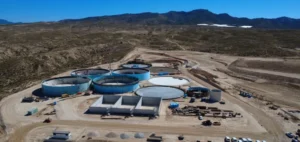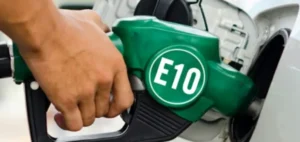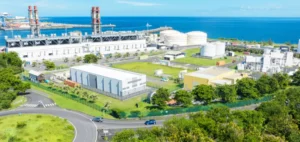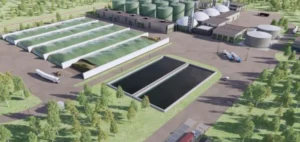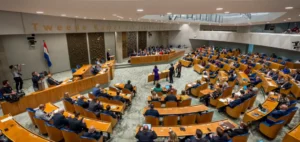Biofuels using palm oil are at the heart of a trade dispute between Malaysia and the European Union that the WTO is arbitrating. The Southeast Asian country criticizes the European organization for imposing excessive restrictions on the use of these fuels.
Biofuel: setting up a group of experts
According to Malaysia, certain measures imposed by the European Union (EU) are incompatible with international trade rules. The country made an initial request for arbitration in January, but this was refused by the EU. After this stalemate, the country finally obtained the setting up of a group of experts at theWorld Trade Organization (WTO).

The European “Red II” directive as a brake on international trade
The European Red II directive is at the heart of this dispute. This does not include palm oil-based biofuel in the European Union’s energy objectives.
Its implementation would therefore result in a restriction on the use of palm oil. In Malaysia’s eyes, this would represent a non-tariff trade barrier, contrary to WTO rules.
An economic risk for 3 million workers
Malaysia, the world’s leading palm oil producer, wants above all to boost its exports. According to the Malaysian government, these blockades would lead to a deterioration in the living conditions of workers in the sector. Today, three million people are financially dependent on the oil trade.
An environmental controversy
Palm oil is currently the most widely used oil in the world, and is used in the composition of numerous products. However, environmental movements are critical of the effects of its production on deforestation and biodiversity. Indeed, in Malaysia, whole swathes of forest have been replaced in recent years by palm plantations.
To protect its palm oil exports, Malaysia turned to WTO arbitration. This will determine whether European regulations comply with international trade rules.


